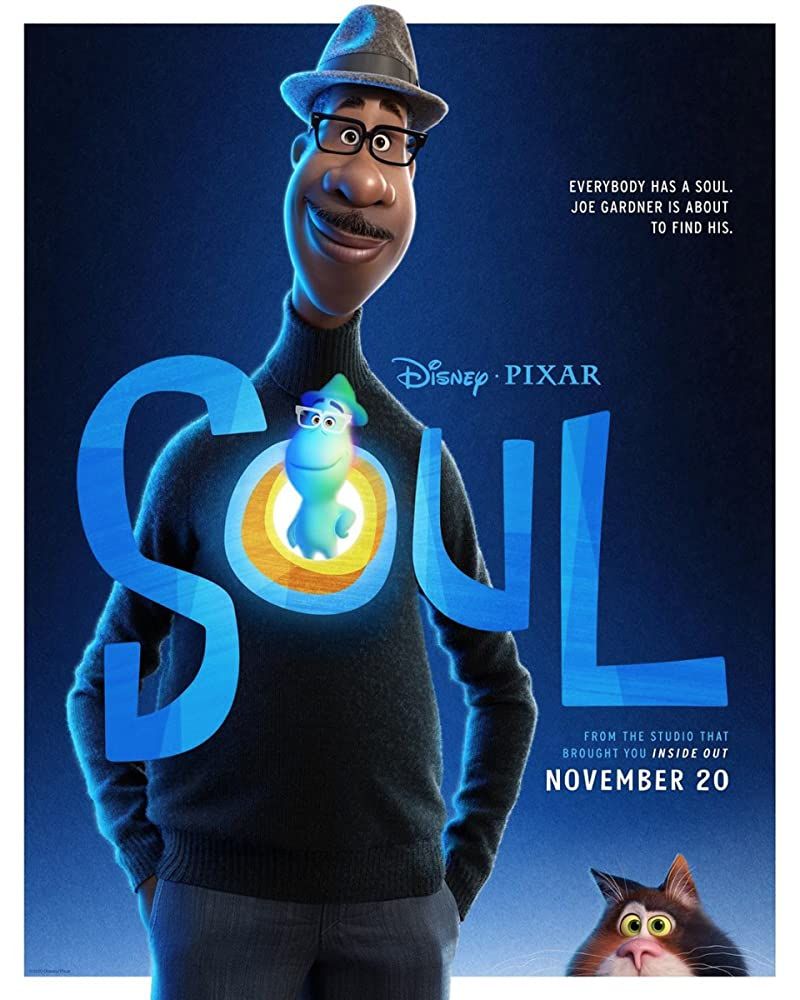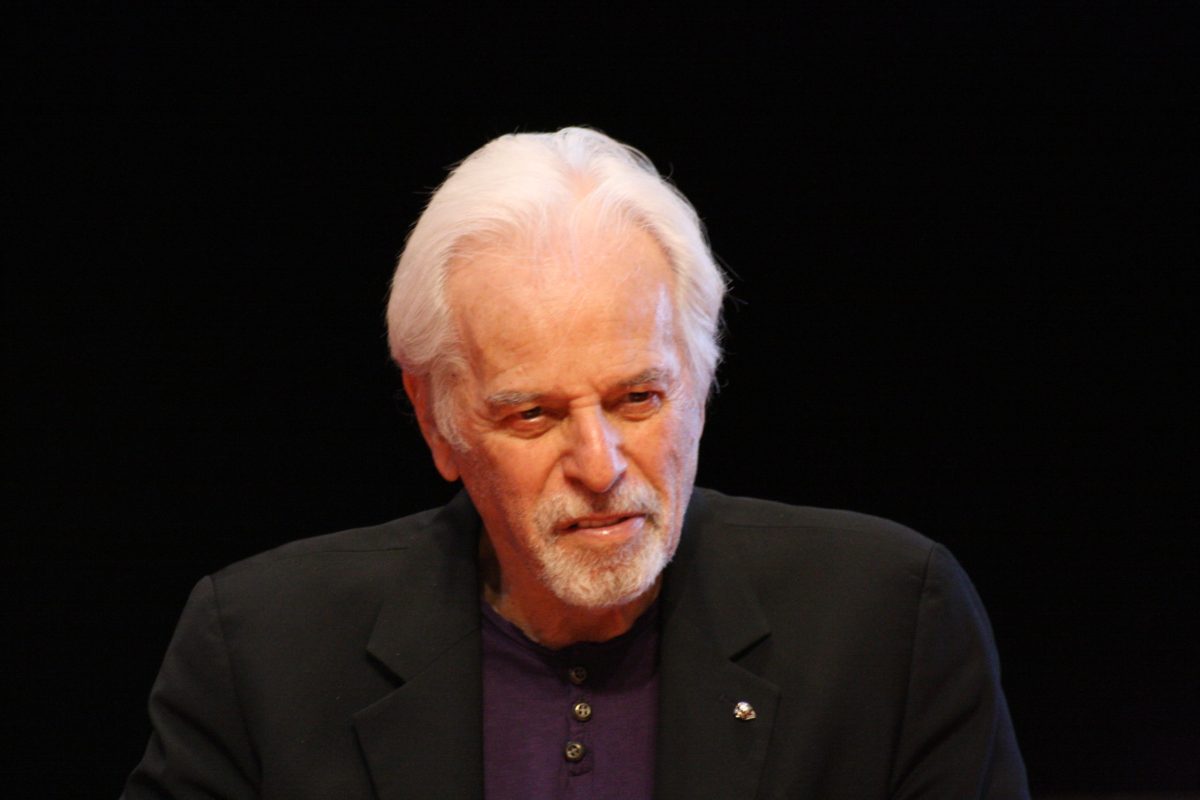“Inglourious Basterds” (2009) is everything you would expect out of a Quentin Tarantino film: gory, macabrely comedic and intricately crafted.
The story begins on a French dairy farm, with three ominous, black, Schutzstaffel or SS, cars in the background. SS Colonel Hans Landa, played by Christoph Waltz, interrogates the French dairy farmer Perrier LaPadite as to the whereabouts of the last unaccounted-for Jewish family in the area: the Dreyfus family.
After Landa wears down LaPadite’s resolve and cool facade, in exchange for leaving his family alone for the rest of the war, LaPadite reluctantly confirms the Dreyfuses are under the floorboards. Landa calls his soldiers in, orders them to shoot through the floorboards, and massacres the entire family, except for Shoshanna. As she runs away, covered in blood, for the cover of a nearby forest, Landa lowers his gun and instead, mockingly yells, “Au revoir, Shoshanna!”
This opening sets the stage for the rest of the film. Three years later, American Lieutenant Aldo Raine, played by Brad Pitt, of the First Special Service Force creates an elite task force called the Basterds, a special team whose only goal is to “kill Nazis.” Raine selects eight Jewish-American soldiers to be in the Basterds and warns them, in a thick Tennessean accent, “When you join my command, you take on debt. A debt you owe me personally. Each and every man under my command owes me one hundred Nazi scalps. And I want my scalps. And all y’all will get me one hundred Nazi scalps, taken from the heads of one hundred dead Nazis, or you will die trying.”
The plot dances between following the Basterds and Emmanuelle Mimieux—the now adult Shoshanna—a secretly-Jewish Parisian cinema owner, who has the opportunity to host the premiere of the Nazi propaganda film Stolz der Nation (“Nation’s Pride”) dropped on her lap. Every high-ranking Nazi official, including Hitler, will be in attendance at the premiere and so Shoshanna decides it’s the perfect opportunity to lock the audience inside and set the cinema ablaze, giving the Nazi’s a taste of “Jewish revenge.”
Pitt’s Nazi-hating, gun-toting, Tennessee-drawling hick is in perfect measure with Waltz’s sharp-as-a-tack, mannered, evil Landa who at times is downright childish. Both characters are played so well, they become caricatures of themselves.
There are moments that make the absurdity worth it: Aldo’s overdone “Bongiorno,” as he greets Landa in Paris; the hulking form of Donny “The Bear Jew” Donowitz as he beats Nazi soldiers to a pulp. But overall, every aspect of the film is exaggerated, to the point where one can no longer suspend disbelief—especially as a Jew.



































